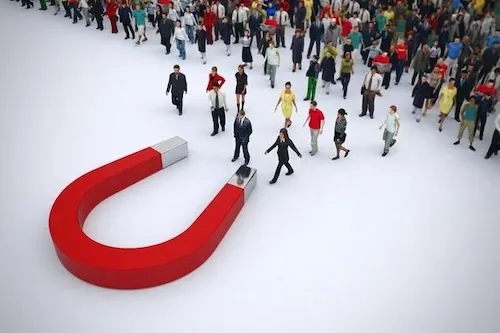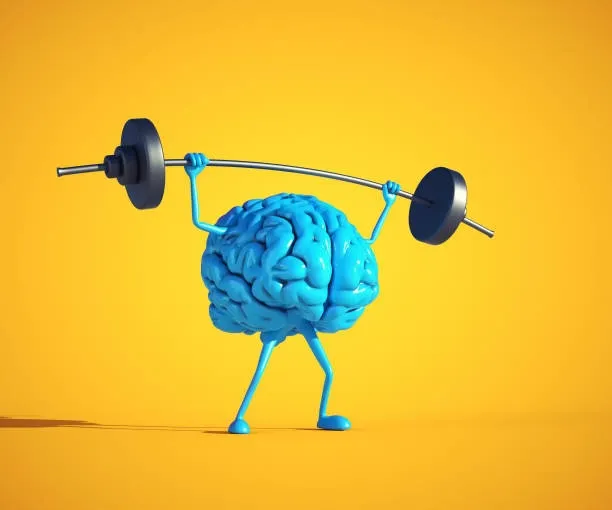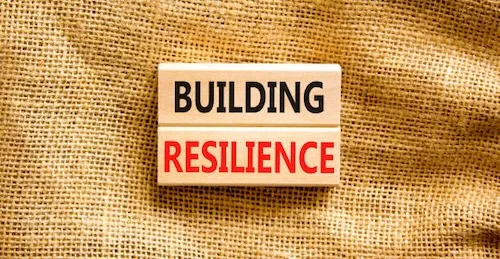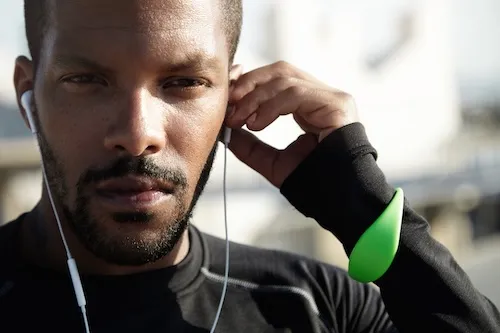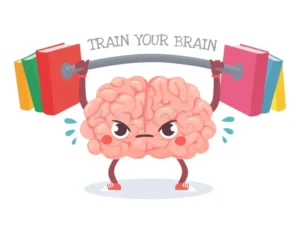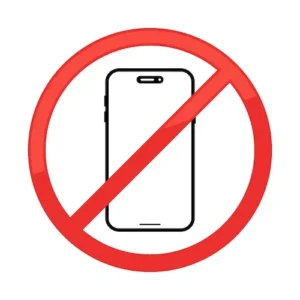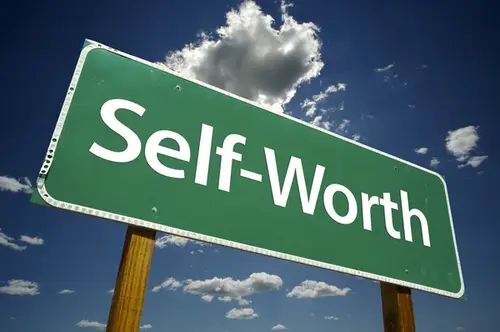The Science of Charisma: How to Become The Most Magnetic & Confident Person In The Room
Alex stood at the edge of the networking event, drink in hand, watching as certain people seemed to command attention from everyone around them so easily.
Even though he knew he was well-qualified and knowledgeable in his field, he still felt invisible.
The most frustrating part? The people drawing everyone in weren’t even the most attractive, wealthy, or accomplished individuals in the room. They just seemed to lack something that Alex couldn’t put his finger on.
What they possessed was something more powerful: charisma.
This magnetic quality called “charisma” might seem like something you’re born with, but as our personal development platform has discovered through years of research and member feedback, charisma is actually a learnable skill based on specific psychological principles and behaviors.
The problem most people face isn’t a lack of natural charisma. It’s that no one has ever taught them the scientific framework behind magnetic presence. They’re left feeling awkward and overlooked in social and professional settings because they don’t know how to access the ability to boost their charisma naturally from within.
Fortunately, the solution is more accessible than you might think. Through our healthy lifestyle community, we’ve observed that people who master a few key principles of charismatic behavior can transform their social presence in as little as a few weeks.
Let’s look at how.
The Charisma Code: What Makes Someone Instantly Captivating?
Have you ever wondered what’s happening in the brain when we meet someone with powerful charisma? The neuroscience is actually pretty incredible.
When we encounter a charismatic person, our mirror neurons activate. Almost like magic, this causes us to unconsciously mimic their emotional state.
Research shows that charismatic individuals trigger increased activity in the ventral striatum (the brain’s reward center) of those around them. This creates a neurochemical attraction that makes others want to stay in their presence.
But what specific traits are required to make this happen? Through our time engaging with members of our personal development platform, we’ve found three core elements that form the foundation of genuine charisma:
1. Presence: The Power of Being Fully Here
Charismatic people aren’t thinking about their next meeting or scrolling through mental to-do lists when conversing with you.
What do you notive about them? They’re fully present. They make you feel like the most important person in the room.
This quality of presence isn’t just psychological – it manifests physically. Charismatic individuals maintain consistent eye contact, respond positively with thoughtful questions, and have body language that shows they are engaged. They’re not checking their phones or scanning the room for “more important” people.
Developing presence requires practicing mindfulness in social interactions. Start by committing to just five minutes of complete focus in your next conversation. No phone, no distractions – just genuine attention to the person in front of you.
2. Warmth: The Ability to Connect Emotionally
“Warmth” can mean different things for different people, but in charisma terms, it means conveying genuine goodwill and interest toward others. In other words, it’s about making people feel safe, valued, and understood.
The key to authentic warmth lies in emotional intelligence and empathy. Charismatic individuals naturally pick up on emotional cues and respond appropriately, whether sharing in someone’s excitement or acknowledging their concerns.
Contrary to popular belief, warmth isn’t about being extroverted or overly enthusiastic. It’s about creating emotional resonance, which can be done through subtle cues like a warm smile, an understanding nod, or asking questions that show you’re genuinely interested in the other person’s perspective.
3. Power: Confidence Without Arrogance
The third component of charisma is a sense of personal power. This is the natural confidence that comes from knowing your value without needing to prove it to anyone.
Power in this context isn’t about dominance or control. It’s about demonstrating competence and conviction in a way that inspires trust. People with charisma speak with certainty, take up physical space comfortably, and express their thoughts clearly without hesitation or excessive qualifiers.
The balance is crucial here – too much power without warmth comes across as intimidating or arrogant. That’s where emotional intelligence comes into play.
What’s remarkable about these three traits is that they’re entirely learnable skills, not fixed personality attributes. Through consistent practice and awareness, anyone can develop the presence, warmth, and power that make up the charisma code.
The Body Language Blueprint: How to Own Any Room Without Saying a Word
Did you know that over 55% of your first impression is communicated through body language alone?
Albert Mehrabian’s famous 7-38-55 study found that words only make up 7% of how we are perceived.
The rest? Your tone makes up 38%, and body language comes in at a whopping 55% of how we are perceived! This shows how important it is to have control over your non-verbal communication.
Most people make critical body language mistakes without realizing it. Through our healthy lifestyle community, we’ve identified the most common errors that instantly diminish your charismatic presence:
Non-Verbal Mistakes Killing Your Presence
- The Protective Stance: Crossing your arms, hunching shoulders, or holding objects (like drinks or phones) directly in front of your body creates a subconscious barrier between you and others. This protective posturing signals insecurity and makes you appear closed off.
- Fidgeting and Nervous Movements: Constantly adjusting your clothes, touching your face, or shifting weight from foot to foot telegraphs anxiety and discomfort. Even subtle fidgeting distracts from your message and erodes perceived confidence.
- Broken Eye Contact: Darting eyes or staring at the floor when speaking signals either disinterest or lack of conviction in what you’re saying. Either way, it significantly reduces your impact.
- Taking Up Minimal Space: When we feel insecure, we instinctively try to make ourselves smaller. Tucked arms, crossed ankles while seated, or pressing your knees together all diminish your perceived authority in the room.
How to Use Strategic Body Language for Instant Connection
Simply reversing these mistakes can dramatically increase your magnetic presence:
- Open Your Posture: Keep your chest open and your shoulders relaxed. Position your hands visibly at your sides or use them expressively when speaking. This openness signals confidence and approachability.
- Establish Meaningful Eye Contact: Maintain eye contact for 60-70% of your conversation. A good rule is to hold eye contact long enough to notice the person’s eye color. This creates a connection without becoming uncomfortably intense.
- Use Strategic Mirroring: Subtly matching the other person’s speaking pace, energy level, and posture creates unconscious rapport. This technique, called mirroring, activates those mirror neurons we mentioned earlier, creating a sense of “we’re in sync.”
- Claim Your Space: Stand with feet shoulder-width apart. When seated, take up appropriate space rather than shrinking into your chair. Research shows that expansive postures actually increase testosterone and decrease cortisol, making you not just appear more confident but feel it.
Minor Posture Tweaks That Amplify Your Charismatic Presence
Some of the most powerful body language adjustments are also the smallest. Try these micro-techniques to give yourself a charisma boost in any setting:
- The 3-Second Reset: Before entering a stressful or important situation, take three seconds to stand tall. Pull your shoulders down and back, and take a deep breath. This tiny reset signals to your brain that you’re confident and in control.
- The Power Pose: Research has found that holding an expansive posture (think Wonder Woman stance) for just two minutes before an important interaction significantly improves performance and reduces anxiety.
- The Strategic Pause: When making an important point, pause slightly before and after. This slight adjustment communicates thoughtfulness and certainty in what you’re saying.
These physical adjustments aren’t about manipulation. They’re about alignment. When your body expresses confidence, your mind follows suit. Our personal development platform emphasizes that authentic charisma happens when your outer expression matches your inner capabilities.
Alchemy: How to Make People Feel Drawn to You Instantly
Once you’ve mastered the physical elements of charisma, the next step is developing the social skills that create genuine connections.
Go back to those most magnetic people in any room. What do they have? An innate ability to make others feel instantly valued and understood.
The Secret to Making People Feel Seen in Seconds
People care less about how impressive you are and more about how you make them feel about themselves.
The fastest way to create this feeling? Practicing what our personal development platform calls “engaged curiosity.” This means asking questions and demonstrating genuine interest in the other person’s experiences, perspectives, and expertise.
But not all questions are created equal. Surface-level questions (“What do you do?”) generate surface-level connections. Try these deeper alternatives:
- “What’s been the most interesting part of your work lately?”
- “What got you interested in this field originally?”
- “What’s something you’re excited about working on right now?”
Follow up these questions with what psychologists call “active listening”. This is your way of demonstrating that you’ve genuinely heard and processed what they’ve shared. This could be as simple as reflecting back on key points or asking thoughtful follow-up questions that build on what they’ve told you.
The Art of Storytelling and Deep Listening
Active listening is the first half of the process. When it’s your turn to speak, focus on storytelling rather than straight information delivery. Our brains are wired to respond to stories, activating more brain areas than factual information alone.
The most effective, charismatic stories follow this simple structure:
- A relatable situation or challenge
- An unexpected insight or turning point
- A resolution that contains a subtle lesson or takeaway
Keep stories brief (under 2 minutes for casual conversation) and practice delivering them with energy and emotional expressiveness.
But remember: Charismatic connection is a two-way street. After sharing a brief story, pivot back to curiosity about the other person. The ideal conversation should feel like a tennis match with a natural back-and-forth rhythm.
The Psychology of Humor and Building Instant Rapport
Few qualities are more magnetically charismatic than well-timed humor. Studies show that shared laughter creates immediate bonds between people, releasing endorphins and creating a sense of shared experience.
But charismatic humor isn’t about memorizing jokes or being the loudest person in the room. It’s about finding natural moments of lightness and playfulness in conversation.
Members of our platform for social impact have found success with these humor principles:
- Self-deprecating over critical: Light-hearted comments about your own quirks or mistakes are safer and more endearing than humor directed at others or external circumstances.
- Observational over performative: Comment playfully on shared experiences rather than trying to “perform” humor. Something as simple as “Does anyone else think this coffee tastes like they brewed it last Tuesday?” creates a connection.
- Inclusive over exclusive: The best conversational humor creates a sense of “we’re all in this together” rather than separating people into those who get the joke and those who don’t.
Ultimately, charisma isn’t about just dominating social interactions. It’s about creating an environment where everyone feels more energized, engaged, and valued than they did before meeting you.
You Can Become Charismatic Starting Today
Charisma might seem magical, but when you look at psychology, you see that it’s really a set of specific skills that anyone can develop with practice and awareness.
Becoming more charismatic isn’t about manipulating others but bringing your best self forward and creating genuine connections. True charisma emerges when you combine self-awareness with a sincere desire to make those around you feel seen and appreciated.
At AlignUs, our personal development platform provides the tools, community, and guidance you need to develop these skills in a supportive environment. We invite you to join our platform for social impact today and discover how learning these evidence-based techniques can transform not just how others perceive you but how you experience yourself.
The most magnetic version of you is already there. We’re just here to help you bring it to the surface.



